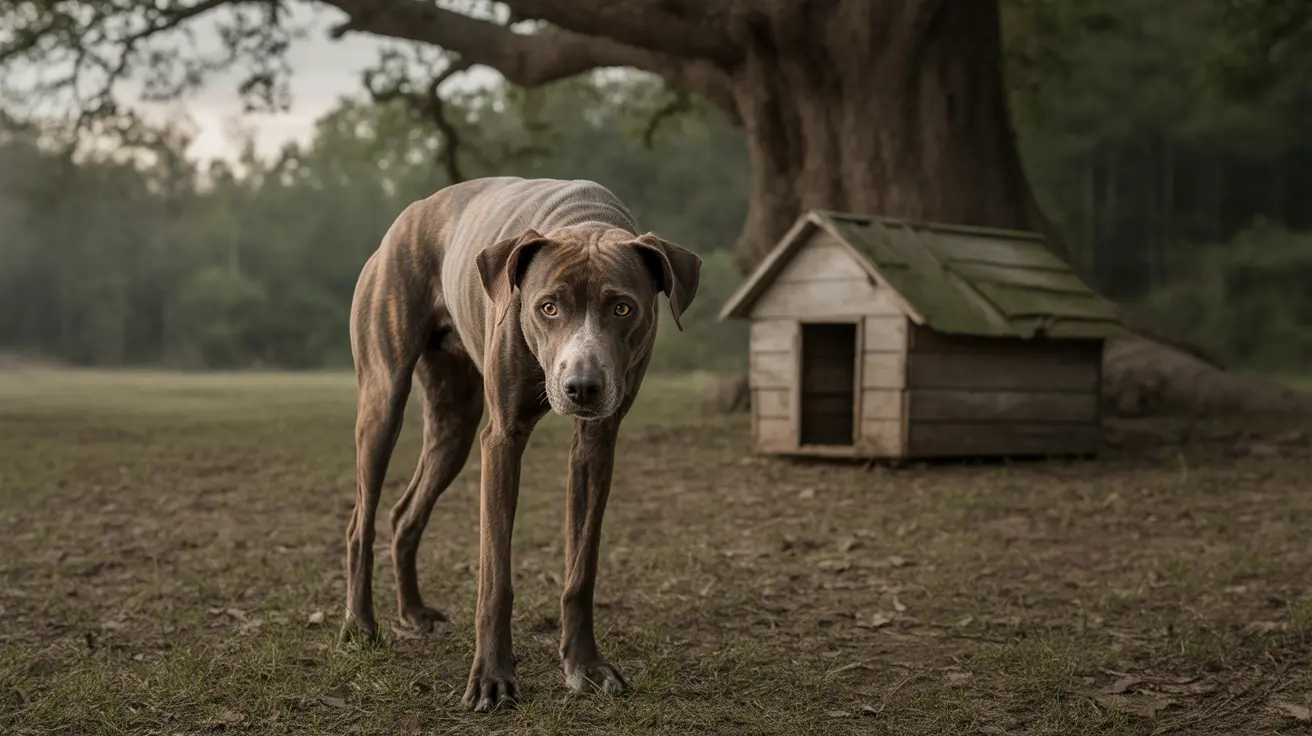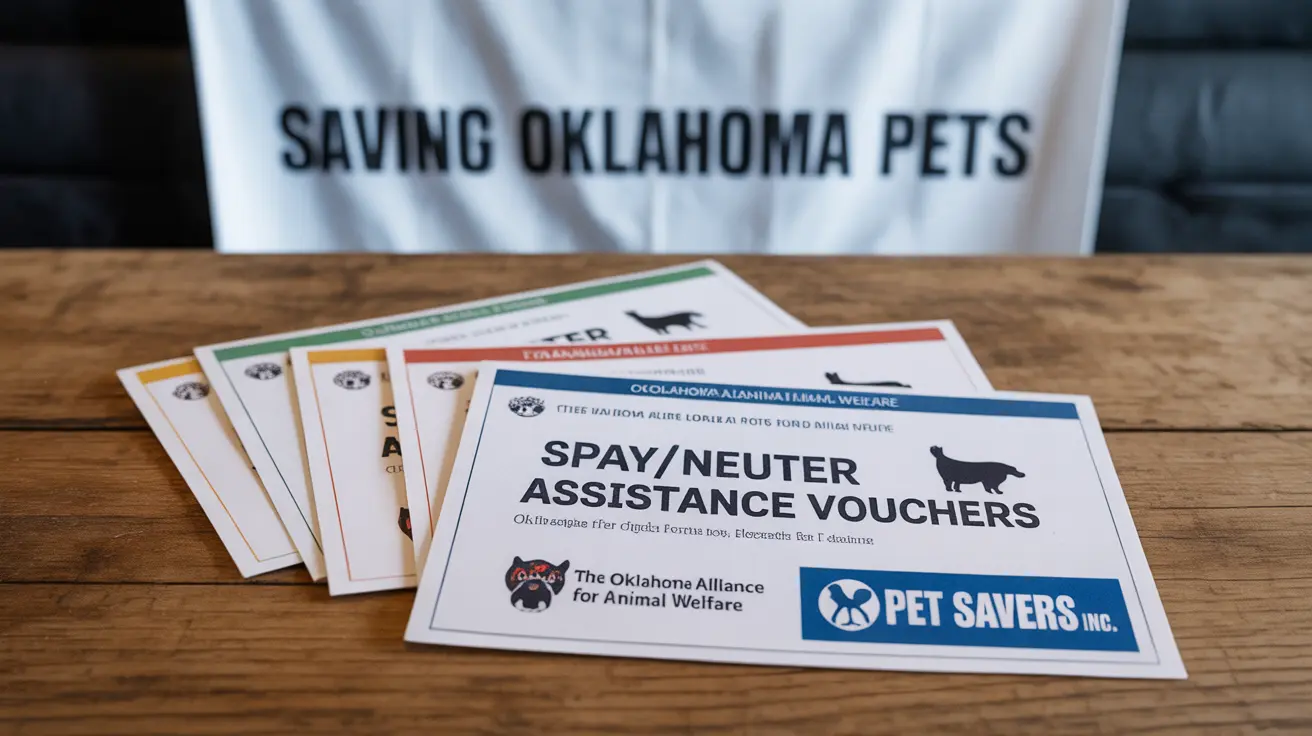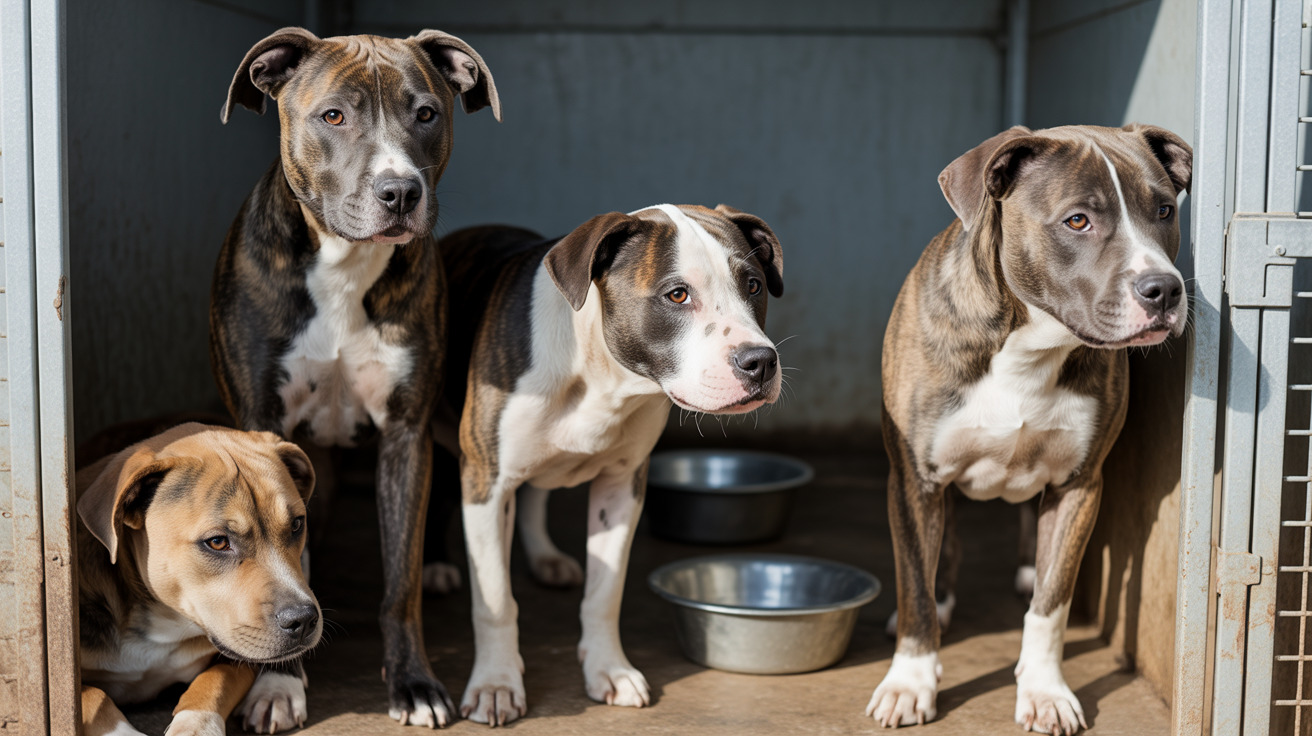Can Dogs Eat Baby Food? What You Need to Know
Many pet owners wonder if it's safe to share baby food with their dogs, especially when their furry friends are sick or refusing regular meals. The answer isn't a simple yes or no—there are important details to consider before offering baby food to your dog.
When Is Baby Food Safe for Dogs?
Some types of baby food can be safely given to dogs under certain circumstances. For example, if your dog is recovering from surgery, feeling unwell, or simply refusing regular dog food, a little bit of baby food can help stimulate their appetite. It's also handy for disguising medications that need to be given orally. However, baby food should only be used as a short-term solution or occasional treat—not as a replacement for a balanced canine diet.
Choosing the Right Baby Food
The most important step is checking the ingredient list. Never give your dog baby food containing onions or onion powder; both are toxic and can cause serious health problems. Xylitol, an artificial sweetener sometimes found in "sugar-free" products, is also extremely dangerous for dogs. Garlic and other allium family members can be harmful in large amounts (though there's debate about tiny quantities of garlic).
- Meat-based baby foods—like chicken, beef, or lamb—are usually best.
- Bland fruit or vegetable varieties such as pumpkin, sweet potato, or banana are generally safe in moderation.
- Avoid products with added salt, sugar, seasonings, or other additives.
Savory "dinner" blends often contain unsafe ingredients like onion powder—always double-check labels before feeding them to your pet.
How Much Baby Food Can Dogs Have?
A spoonful or two as an occasional treat or appetite stimulant is typically safe (as long as the ingredients check out). You can gently warm the baby food and add water if it's too thick. Some owners use it as a topper on regular dog food to entice picky eaters. But remember: baby food should never make up more than 10% of your dog's daily diet. Discard any leftovers after 24 hours to avoid spoilage.
Bland Homemade Alternatives
If you're looking for something gentle on your dog's stomach, homemade options are often healthier than processed baby foods. Try pureed cooked vegetables or a mix of boiled chicken and rice—these are soothing for digestive upset. Bone broth offers hydration and nutrition without unnecessary additives. Plain cooked pumpkin and sweet potato (unseasoned and unsweetened) can help with constipation or mild digestive issues thanks to their high fiber content.
When Should You Avoid Baby Food?
- If your dog is vomiting, has diarrhea, refuses all food or water, or shows signs of gastrointestinal distress—consult your veterinarian before making dietary changes.
- Never use baby food (or any home remedy) to delay professional veterinary care if your pet seems seriously ill.
Monitor your dog closely after introducing new foods; watch for allergic reactions or worsening symptoms. Dogs with chronic health issues like diabetes, allergies, or advanced age may have additional dietary restrictions—always check with your vet first.
Dangerous Foods and Ingredients for Dogs
- Xylitol: Can cause rapid drops in blood sugar and liver failure.
- Onions & garlic: Can destroy red blood cells and lead to anemia.
- Grapes & raisins: May cause kidney failure.
- Avocados: Contain persin; may trigger vomiting/diarrhea.
- Alcohol: Even tiny amounts are toxic—can lead to coma or death.
- Chocolate & caffeine: Cause heart issues and tremors; potentially fatal.
- Macadamia nuts: Lead to vomiting, weakness, hyperthermia.
- Fat trimmings & cooked bones: Risk pancreatitis/digestive injuries.
- Dairy: Many dogs are lactose intolerant—can cause diarrhea/allergies.
- Salt: Too much can result in sodium poisoning.
- Yeast dough: Rises in the stomach; causes pain/alcohol poisoning risk.
- Raw meat/eggs/fish: May harbor harmful bacteria/parasites.
Safe Human Foods for Most Dogs
- Lean cooked meats (no bones/skin)
- Plain cooked white rice/pasta
- Bland cooked vegetables (carrots, green beans, pumpkin)
- Slices of apple (seeds removed), banana, watermelon (seedless)
If you share human foods with your dog—even baby foods—make sure they're plain and free from bones, fat, salt, and seasonings. Always store medications and hazardous foods out of reach. If you suspect your dog ate something toxic, call your vet immediately.





